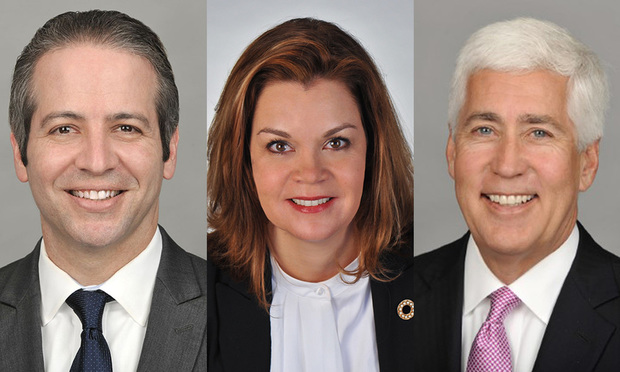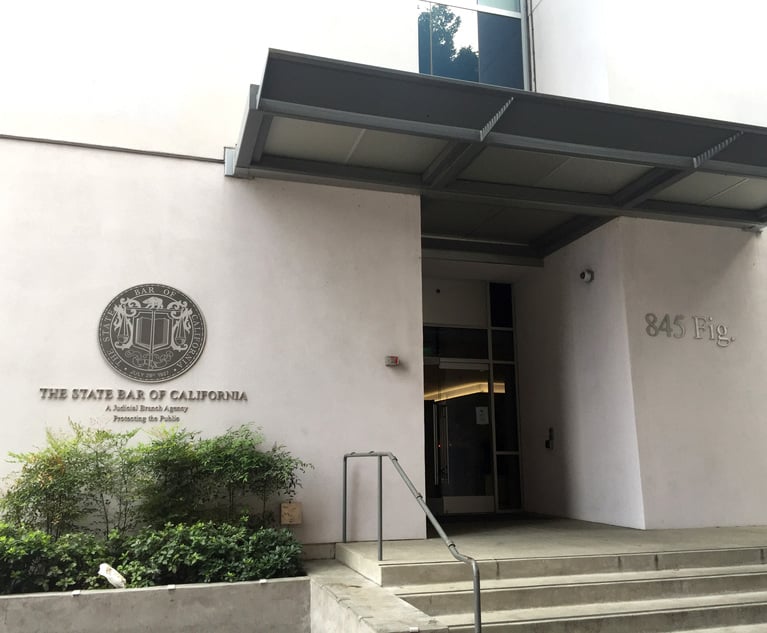On April 2, the United States Supreme Court handed auto dealerships a long-awaited 5-4 victory in Encino Motorcars v. Navarro, holding service advisers are exempt from the Fair Labor Standards Act’s overtime-pay requirement because they are “salesm[en] … primarily engaged in … servicing automobiles.” After close to six years and two trips to the high court, the decision restored decades of unsettled dealership practice, until the U.S. Department of Labor’s stunning and controversial 2011 agency decision. Ultimately, the decision ratifies roughly 40 years of established pay practices for the approximately 100,000 service advisers employed at dealerships throughout the United States.
For those not in the dealership industry, a service adviser is responsible for the intake of customers who enter the service area of a dealership. The intake process includes the service adviser evaluating the customer’s complaints, determining the service needs of the vehicle, and selling supplemental services beyond those that would directly address the customer’s complaint. For several decades, the Department of Labor interpreted the FLSA to exempt service advisers from overtime requirements, relying on the exemption for “any salesman, partsman, or mechanic primarily engaged in selling or servicing automobiles.” Obviously, “service adviser” is not mentioned, but the agency agreed with numerous lower courts that service advisers fell within the exemption as salesman selling services. Then, in 2011, the Department of Labor unexpectedly backtracked, determining service advisers were generally not exempt. The agency limited its interpretation of the FLSA to exempt only salesmen who sold automobiles (not services) or service technicians who worked on vehicles.


 Left to right: Todd B. Scherwin, Wendy McGuire Coats and Karl R. Lindegren of Fisher Phillips
Left to right: Todd B. Scherwin, Wendy McGuire Coats and Karl R. Lindegren of Fisher Phillips




